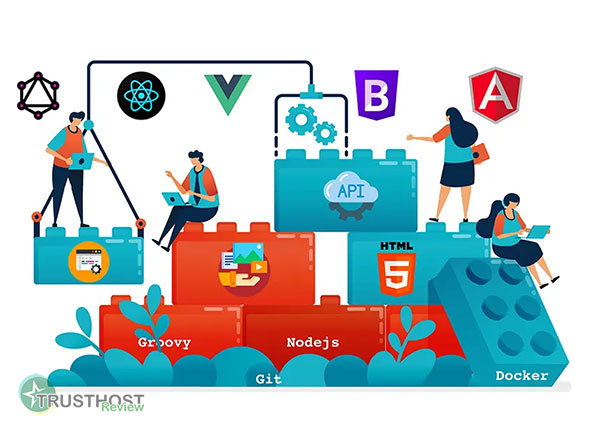Microsoft Azure Functions: into Serverless Computing
Into Serverless Computing
Businesses and developers constantly seek efficient and cost-effective solutions. Enter Microsoft Azure Functions, a powerful serverless computing platform that is revolutionizing the way we build and deploy applications. This article delves into the world of Azure Functions, exploring its capabilities, benefits, and how it empowers you to embrace the future of cloud computing.
What is Microsoft Azure Functions?
At its core, Azure Functions is a serverless compute service offered by Microsoft Azure. It allows you to run event-driven code without the burden of managing infrastructure. Imagine writing a small piece of code, deploying it to the cloud, and having it automatically execute in response to specific events – that's the essence of Azure Functions.
Key Features and Advantages:
- Serverless Architecture: Say goodbye to server management headaches. Azure Functions handles all the infrastructure provisioning and scaling, allowing you to focus solely on your code.
- Event-Driven Execution: Trigger functions based on various events, such as HTTP requests, database changes, message queues, or even scheduled intervals.
- Multiple Programming Languages: Choose from a variety of languages like C#, Java, JavaScript, Python, and PowerShell to write your functions.
- Pay-As-You-Go Pricing: Only pay for the actual execution time of your functions. This granular pricing model makes it an incredibly cost-effective solution.
- Scalability and Reliability: Azure Functions automatically scales your functions up or down based on demand, ensuring high availability and performance.
Use Cases for Azure Functions:
The versatility of Azure Functions makes it suitable for a wide range of scenarios:
- Web API Development: Build lightweight, scalable APIs triggered by HTTP requests.
- Data Processing and Transformation: Process data from various sources, such as Azure Event Hub or Azure Cosmos DB, and perform transformations.
- Real-Time File Processing: Respond to file uploads or changes in cloud storage services like Azure Blob Storage.
- Scheduled Tasks: Execute tasks on a predefined schedule, such as sending daily reports or performing backups.
- IoT Backends: Process and analyze data from Internet of Things (IoT) devices in real-time.
Microsoft provides comprehensive documentation and tools to get you started with Azure Functions quickly. You can create and deploy functions using the Azure portal, Visual Studio Code, or other popular IDEs. The platform also offers a local development environment for testing and debugging your code before deploying it to the cloud.
















